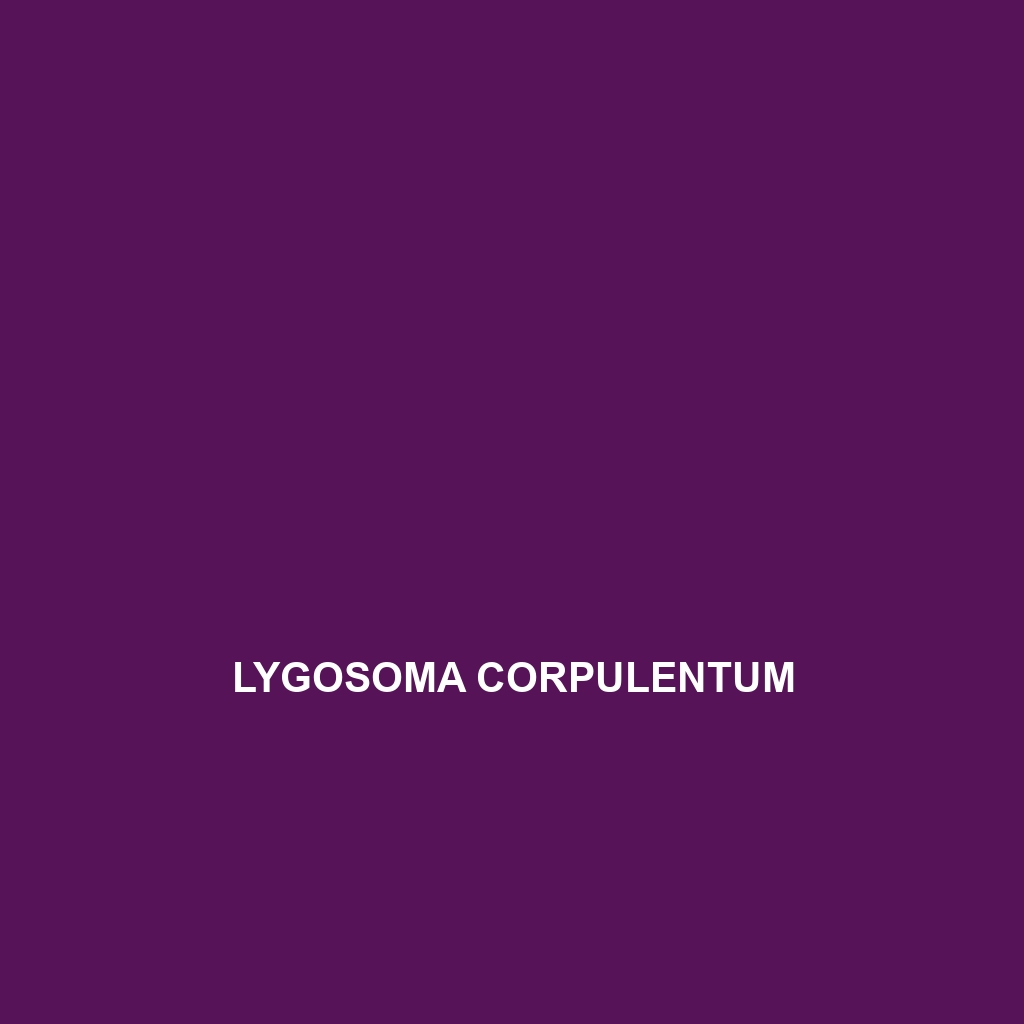-

Aspidoscelis exsanguis
Discover the Aspidoscelis exsanguis, also known as the bloodless whiptail lizard, a medium-sized lizard thriving in arid environments of the southwestern U.S. and northern Mexico. With striking coloration, agile movements, and unique reproductive capabilities, this vulnerable species plays a crucial role in its ecosystem by controlling insect populations.
-

Aspidoscelis preopatae
Loading…
-
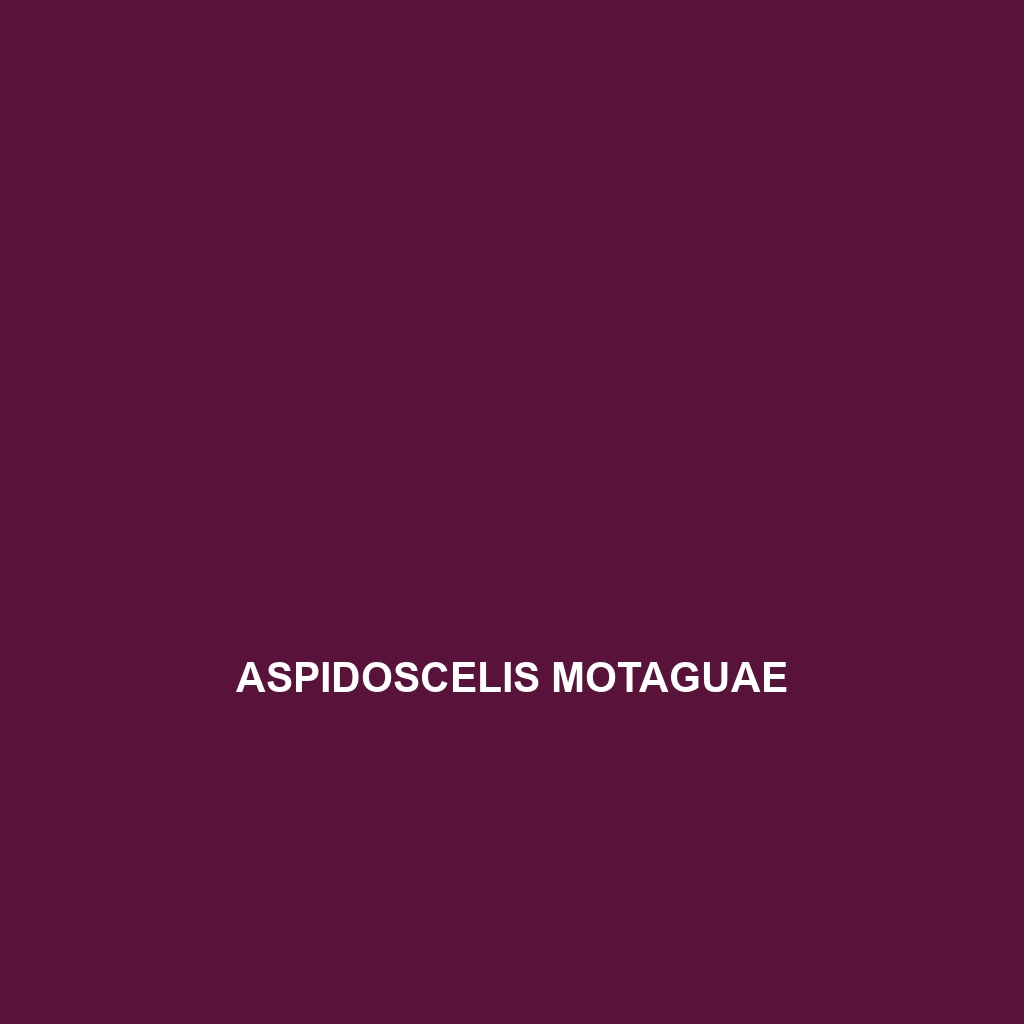
Aspidoscelis motaguae
Introducing the Aspidoscelis motaguae, commonly known as the Motagua Whiptail, a slender, agile lizard native to the tropical dry forests of Guatemala. Characterized by its light brown coloration with dark stripes, this species is diurnal, insectivorous, and plays a vital role in controlling insect populations within its ecosystem.
-
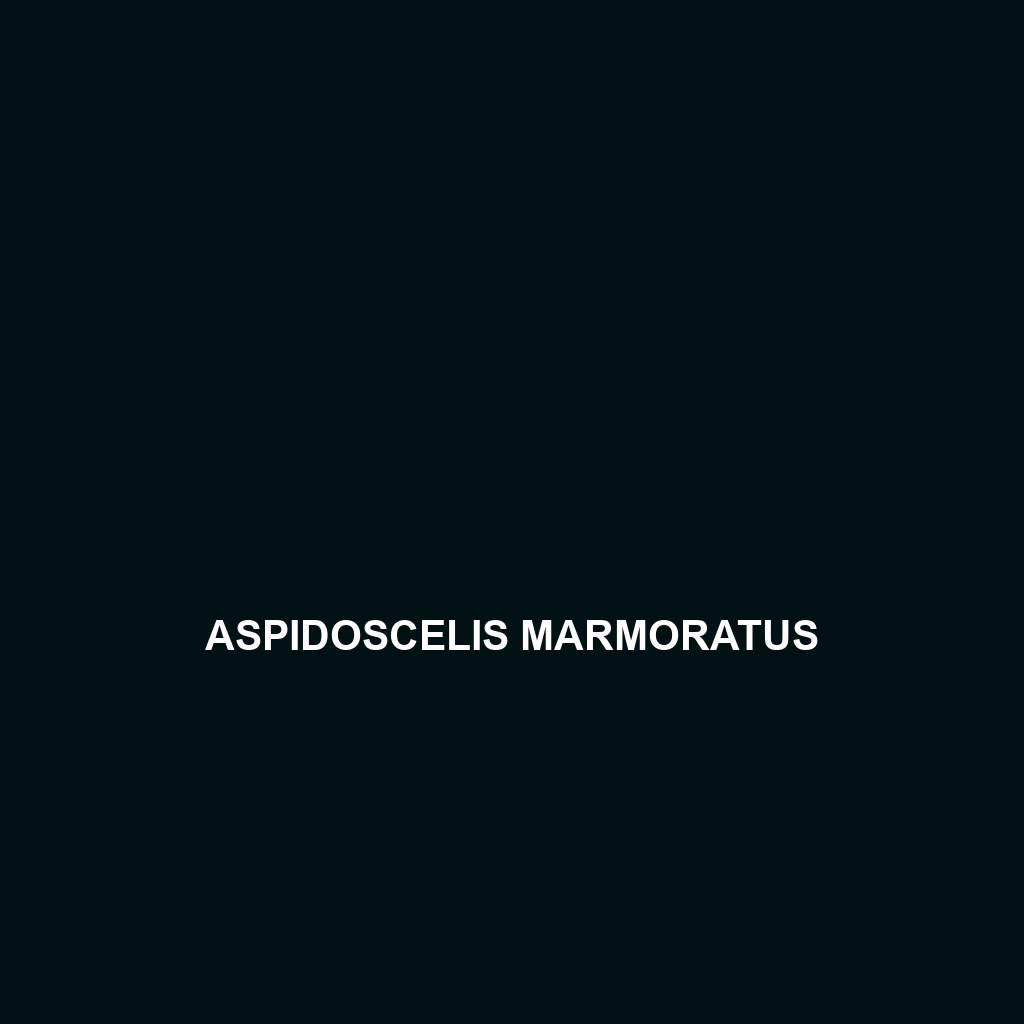
Aspidoscelis marmoratus
Loading…
-

Basiliscus plumifrons
Discover the stunning Green Basilisk (Basiliscus plumifrons), a vibrant lizard native to Central America’s rainforests, known for its striking green coloration, unique ability to run on water, and vital role in controlling insect populations. Ideal for reptiles enthusiasts, this fascinating species combines beauty and ecological importance.
-
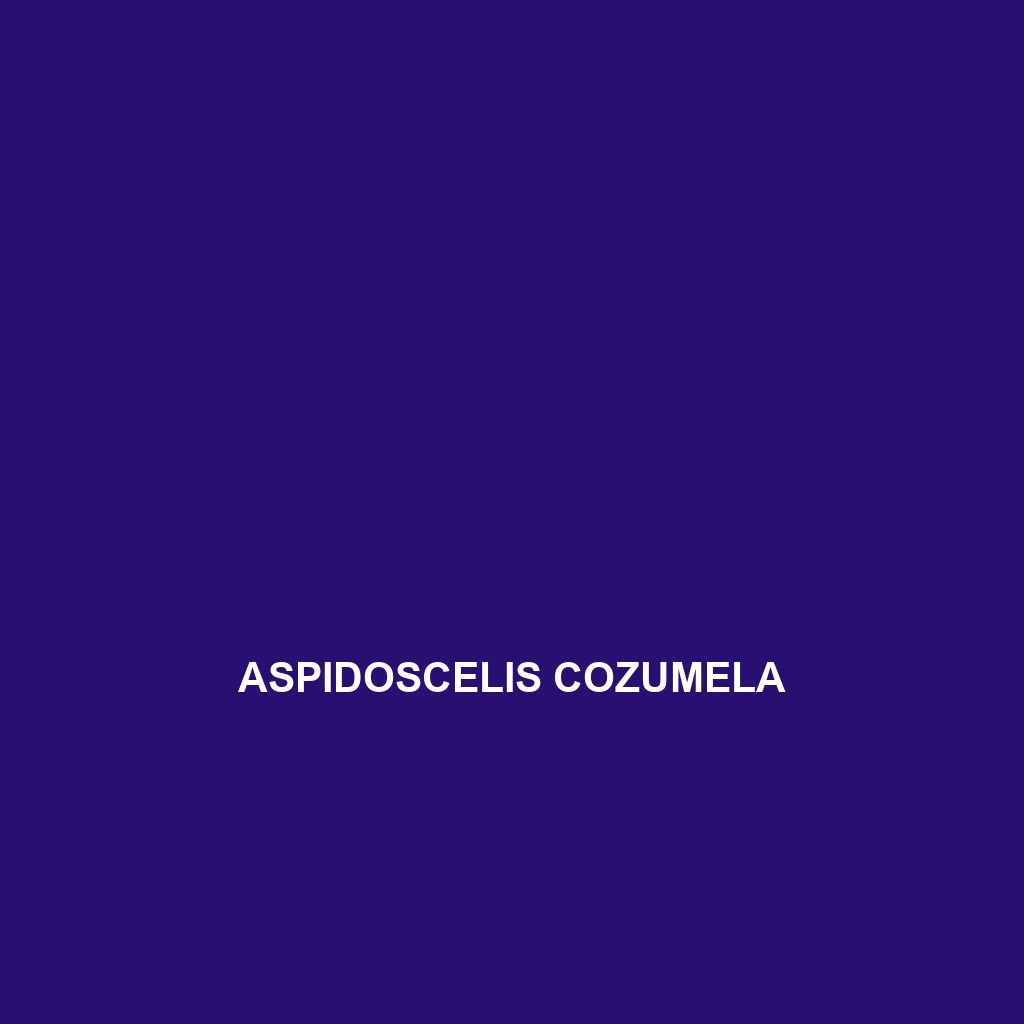
Aspidoscelis cozumela
Introduce the Cozumel Whiptail Lizard (Aspidoscelis cozumela), a medium-sized, insectivorous lizard native to Cozumel Island, known for its slender body, distinctive stripes, and unique ability to reproduce through parthenogenesis. This vulnerable species thrives in dry tropical habitats and plays a crucial role in maintaining ecological balance.
-
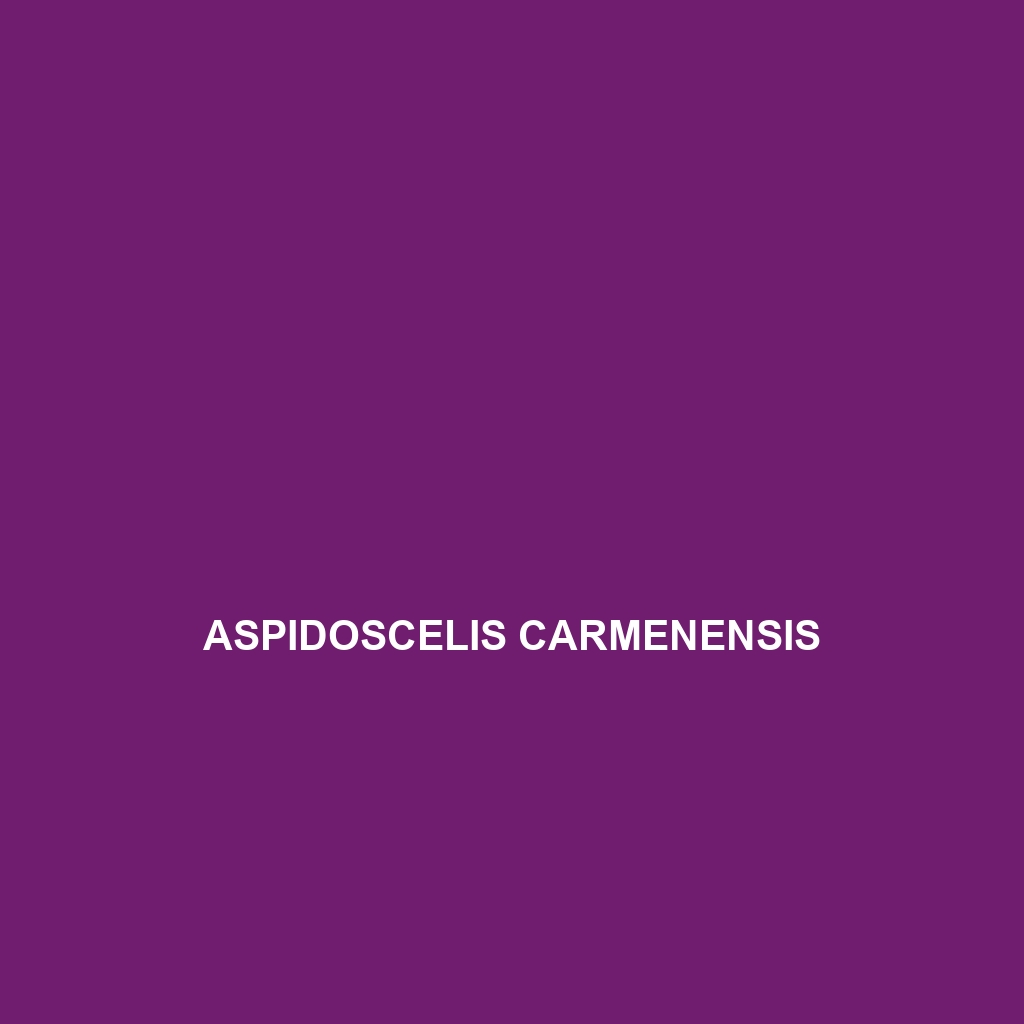
Aspidoscelis carmenensis
Discover the Aspidoscelis carmenensis, or Carmen Whiptail Lizard, a slender, agile reptile thriving in the arid landscapes of northwestern Mexico. This fascinating species, known for its striking coloration and active diurnal behavior, plays a crucial role in its ecosystem by controlling insect populations and serving as prey for larger animals.
-

Bipes canaliculatus
Loading…
-

Archaeolacerta bedriagae
Discover the fascinating Archaeolacerta bedriagae, or Bedriaga’s Lizard, a medium-sized lizard native to the mountainous regions of the western Caucasus, featuring intricate patterns for camouflage and a diet primarily consisting of insects. This vulnerable species plays a critical role in its ecosystem, contributing to the balance of insect populations and reflecting environmental health.
-

Bavayia pulchella
Loading…
Search
Popular Posts
-
Lygosoma corpulentum
Discover the Lygosoma corpulentum, or fat skink, a robust insectivorous lizard native to Southeast Asia’s moist tropical rainforests and varying habitats. With a stocky body, impressive camouflage, and remarkable adaptability, this ovoviviparous species plays a crucial role in maintaining ecological balance.
-
Lygosoma boehmei
Lygosoma boehmei is a slender, nocturnal insectivore found in humid tropical rainforests and savannas of Southeast Asia, exhibiting a smooth, camouflaging texture and remarkable burrowing abilities. This vulnerable species plays a crucial role in its ecosystem by controlling insect populations and serving as prey for larger predators.
-
Lygosoma bampfyldei
Lygosoma bampfyldei, commonly found in tropical and subtropical regions, is a moderately sized lizard measuring 15 to 25 cm, known for its elongated body and glossy, camouflage coloration. This insectivorous species thrives in moist habitats and plays a vital role in maintaining ecological balance by controlling insect populations.
Categories
Tags
animal adaptations (924) animal behavior (5000) animal reproduction (865) behavior (920) biodiversity (7853) conservation (1670) conservation efforts (1778) conservation status (5748) diet (2104) ecological balance (2087) ecological role (1952) ecosystem (1469) ecosystem role (2901) endangered species (2514) habitat (3280) habitat conservation (1136) Habitat Destruction (1421) habitat loss (3385) herpetology (870) insectivorous reptiles (948) IUCN Red List (1971) lizard behavior (881) lizard diet (944) lizard reproduction (1101) nocturnal animals (2754) nocturnal behavior (2592) nocturnal reptiles (1061) physical characteristics (2058) predator-prey relationships (927) reproduction (2890) reptile behavior (1037) reptile conservation (1348) reptile reproduction (1069) rodent species (1325) seed dispersal (2145) Seed Disperser (979) small mammals (1168) snake behavior (952) snake diet (1061) snake reproduction (1129) tropical forests (948) Vulnerable Species (4926) wildlife (2511) wildlife conservation (5355) wildlife protection (1008)

